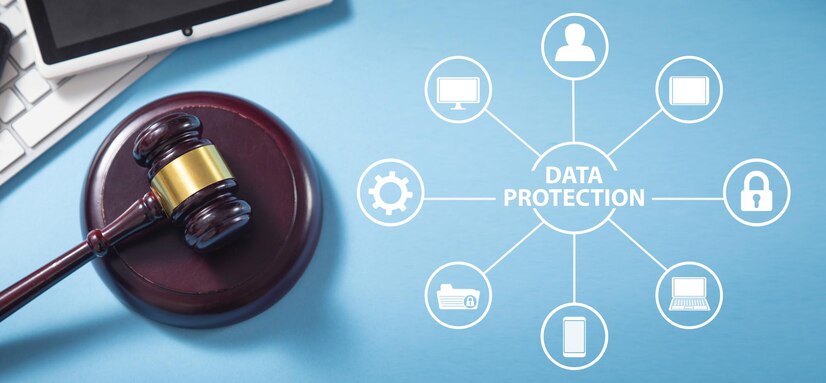
In an era of increasing digitalization, data privacy and protection have become top priorities globally. For Nigerian businesses, the Data Protection Act 2023 (DPA 2023) represents a significant legal framework aimed at safeguarding personal data while fostering trust in the digital economy. As we step into 2024, understanding and complying with this legislation is not just essential for legal compliance but also a strategic move for building consumer confidence and staying competitive.
Key Provisions of the DPA 2023
The DPA 2023, enacted to replace the earlier Nigeria Data Protection Regulation (NDPR), introduces more robust data protection measures, including:
- Mandatory Data Privacy Policies: Organizations must draft, publish, and implement clear privacy policies outlining how personal data is collected, processed, and stored.
- Data Controllers and Processors: Companies processing personal data must appoint a Data Protection Officer (DPO) and register with the Nigeria Data Protection Bureau (NDPB).
- Consent Requirements: Explicit consent must be obtained before processing sensitive personal data.
- Data Breach Reporting: Organizations are required to notify affected individuals and the NDPB within a stipulated timeframe if a data breach occurs.
Implications for Nigerian Businesses
The act carries critical implications for businesses across all sectors, including e-commerce, healthcare, financial services, and telecommunications:
- Compliance Costs: Businesses will need to invest in staff training, technology upgrades, and DPO appointments to meet compliance standards.
- Penalties for Non-Compliance: Fines for violating the DPA 2023 can range from millions to billions of Naira, depending on the severity and scale of non-compliance.
- Global Alignment: With provisions aligning with international standards like the EU’s GDPR, Nigerian businesses are better positioned to engage in cross-border trade.
Steps to Ensure Compliance in 2024
To align with the DPA 2023, businesses should consider the following steps:
- Audit Your Data Processes: Evaluate how your organization collects, processes, and stores personal data.
- Develop a Compliance Framework: Establish policies and procedures that meet the DPA 2023’s requirements.
- Engage Experts: Collaborate with legal and technical experts to ensure full compliance and mitigate risks.
- Educate Staff: Train employees about data protection best practices and the consequences of breaches.
LegalDigitalNG: Your Partner in Data Protection Compliance
Navigating the complexities of the DPA 2023 can be daunting, but LegalDigitalNG is here to help. We provide tailored solutions for businesses, including data protection audits, policy drafting, and compliance training. Let us assist you in building a robust data protection framework that not only meets legal requirements but also enhances your brand’s reputation.
FAQs on the DPA 2023
Q1: Who does the DPA 2023 apply to?
A: The act applies to any organization that processes personal data, whether operating within or outside Nigeria, as long as it targets Nigerian data subjects.
Q2: What are the penalties for data breaches under the DPA 2023?
A: Penalties can include fines of up to ₦10 million or 2% of the organization’s annual global revenue, whichever is higher.
Q3: How does the DPA 2023 align with global standards?
A: Its provisions mirror aspects of the GDPR, ensuring Nigerian businesses remain competitive in international markets.
